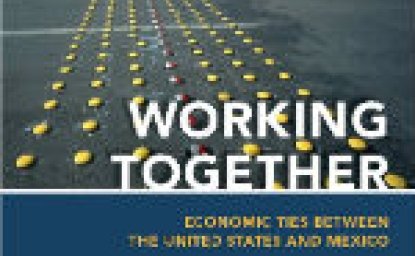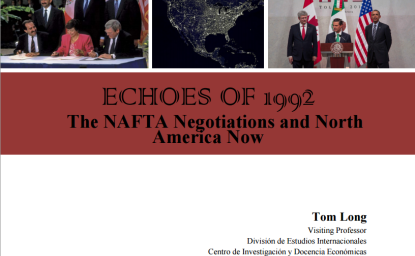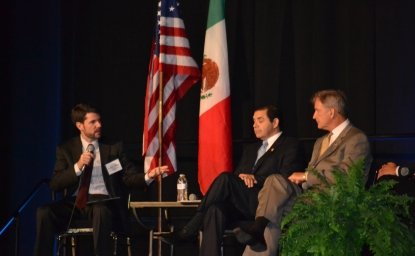The Latin American Foreign Investment Boom: Recent Trends and the Evolution of Multilatinas


Latin American companies—both public (state-owned enterprises) and private—have been growing in size and presence abroad, through operations that range from modest representation offices to acquisitions of first-world corporations. The phenomenon of "multilatinas" comprises the growing number of companies that gradually began to invest abroad in the 1990s, but surged forward with a huge wave of investment starting in 2000. In fact, 2010-2012 marked the highest levels of FDI outflows from Latin America in the region's history.
Mexico is no stranger to the birth of multilatinas. Mexico, along with Brazil and Chile, leads the way in terms of presence of multilatinas, and is the second most important country in the region in terms of FDI outflows, accounting for virtually all outflows from Central America. Additionally, Mexico is the leader among the Latin American countries in terms of investment in the United States. Thus, with 18 multilatinas and 24.5 percent of total FDI outflows from Latin America, the surge in foreign investments by major Mexican companies is clear.
This publication, The Latin American Foreign Investment Boom: Recent Trends and the Evolution of Multilatinas, analyzes the multilatina phenomenon in order to define its characteristics today, including political, institutional, economic, and financial factors that explain these companies' birth, develompent, and transformation into global players.
Author

Mexico Institute
The Mexico Institute seeks to improve understanding, communication, and cooperation between Mexico and the United States by promoting original research, encouraging public discussion, and proposing policy options for enhancing the bilateral relationship. A binational Advisory Board, chaired by Luis Téllez and Earl Anthony Wayne, oversees the work of the Mexico Institute. Read more

Explore More
Browse Insights & Analysis
Working Together: Economic Ties between the United States and Mexico

Echoes of 1992: The NAFTA Negotiations and North America Now

Fostering Innovation in Mexico
